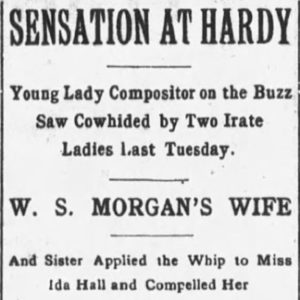 Whipping Article
Whipping Article
Entry Category: Government and Politics
 Whipping Article
Whipping Article
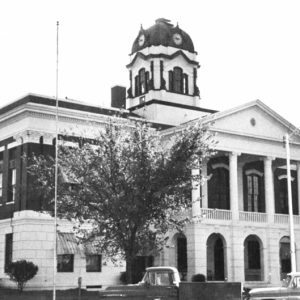 White County Courthouse
White County Courthouse
White Flight
 White Hall: Lock & Dam No. 5
White Hall: Lock & Dam No. 5
White Revolution
 Frank and Gay White
Frank and Gay White
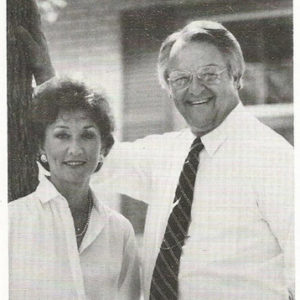 Frank White Campaign
Frank White Campaign
White, Frank Durward
 Gay White
Gay White
 Gay White on AETN
Gay White on AETN
 First Lady Gay White
First Lady Gay White
White, Gay Daniels
White, Hercules King Cannon
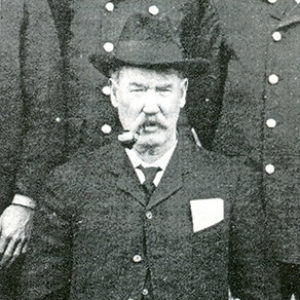 Hercules King Cannon White
Hercules King Cannon White
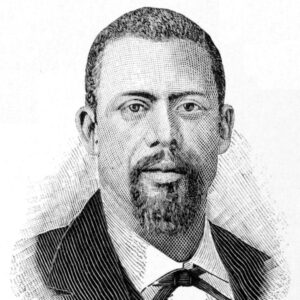 James T. White
James T. White
Whiteside, John Garrett
Whitewater Scandal
Whittington, Hiram Abiff
 Wilbur D. Mills Dam
Wilbur D. Mills Dam
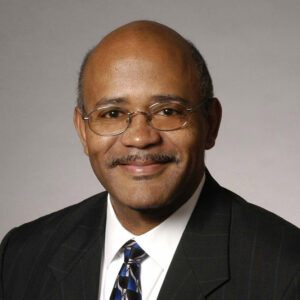 Hank Wilkins
Hank Wilkins
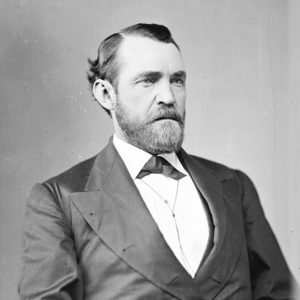 William W. Wilshire
William W. Wilshire
Wilshire, William Wallace
Wilson, Billy Roy
Wilson, George Nicholas (Nick)
Wilson, Michael Kenneth (Mike)
 Nick Wilson
Nick Wilson
Wilson, Robert Edward Lee
 Winding Staircase
Winding Staircase
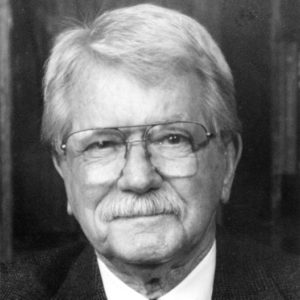 Gus Wingfield
Gus Wingfield
Wingfield, James Gus
Wingo, Effiegene Locke
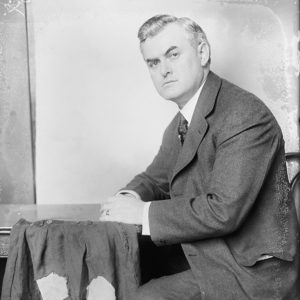 Otis T. Wingo
Otis T. Wingo
Wingo, Otis Theodore
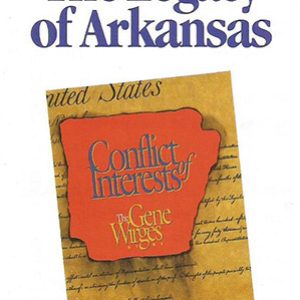 Wirges Book
Wirges Book
Wirges, Gene
Witt, Allen Rufus
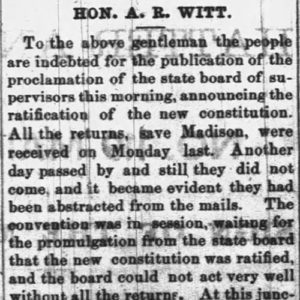 Allen Rufus Witt Story
Allen Rufus Witt Story
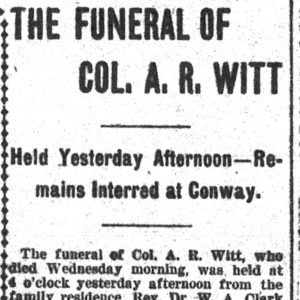 Allen Rufus Witt Death
Allen Rufus Witt Death
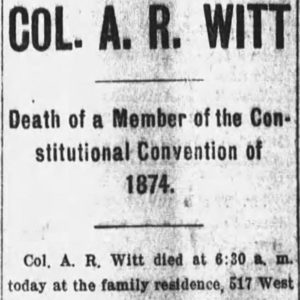 Allen Rufus Witt Death
Allen Rufus Witt Death
 James L. Witt
James L. Witt
Witt, James Lee
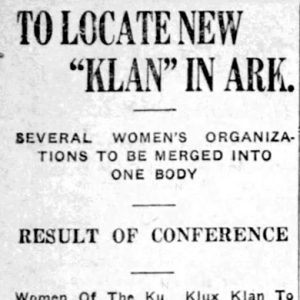 WKKK Article
WKKK Article
Wolf, Jacob
Wolf, Judy Chaney Petty
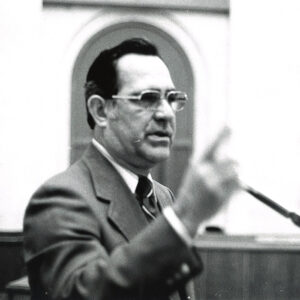 J. A. Womack
J. A. Womack
Womack, Stephen Allen (Steve)
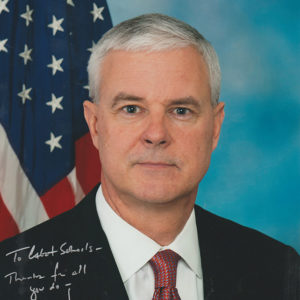 Steve Womack
Steve Womack
Women of the Ku Klux Klan (WKKK)
Women’s Suffrage Movement
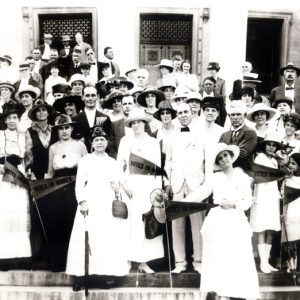 Women's Suffrage Rally
Women's Suffrage Rally




